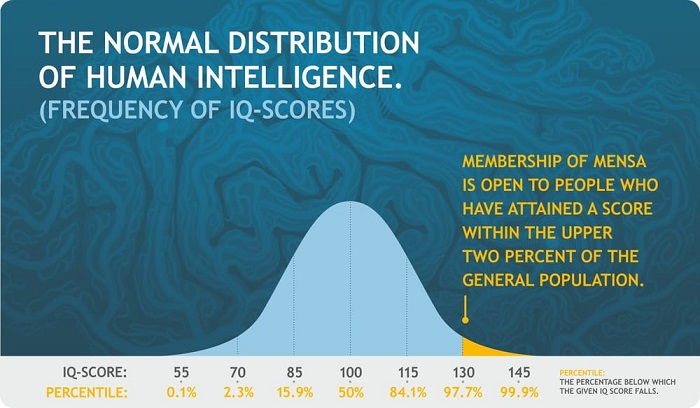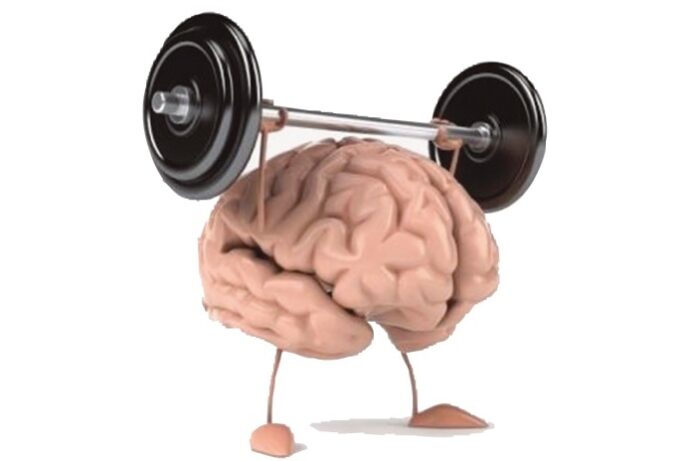High IQ is often considered a measure of intelligence, but whether it translates to being clever in reality is a more nuanced question. IQ tests typically assess cognitive abilities such as problem-solving, pattern recognition, and logical reasoning. These abilities are certainly valuable, but they do not encompass the full range of skills that contribute to cleverness or practical intelligence.
Cleverness can be thought of as the ability to apply intelligence effectively in real-life situations, which often involves social skills, emotional intelligence, creativity, adaptability, and practical knowledge. These attributes are not entirely captured by IQ tests.
Depending on who you ask, IQ is a way of estimating how intelligent and smart a person is, and a way of measuring foolishness and stupidity; in the sense that a very foolish person is expected to have a low score in the various tests designed to gauge the intellectual capability of humans.
For many years and even in recent times, it has been held that people are born smart or foolish; and that there is hardly anything one can do to influence the level of one’s intellect. True, what makes one smarter than others has a lot to do with genes, but there are several other factors that contribute to shaping people’s intelligence quotient. In fact, it has been concluded in some quarters that genes account for about 50 percent of the difference in intelligence between people.
What Does It Mean to Have a High IQ and How Smart Is An Average Person?
The implication of that is that there are various standardized tests widely regarded to be an adequate measure for intelligence. Prominent among them are the Raven’s Advanced Progressive Matrices, Wechsler Adult Intelligence Scale (WAIS), the Stanford-Binet Intelligence Scale, Woodcock-Johnson Test of Cognitive Abilities, and much more.
All of these standardized tests measure and classify people’s IQ based on their scores as Very Superior, Average, and Extremely Low or from Very Gifted and Highly Advanced to Moderately impaired. As there are many versions of the tests, there are different methods of calculating and scoring people’s IQ. Nonetheless, they all use 100 as the average score. In essence, when a test taker scores 100, it means that he or she performed at the median level. If the person scores lower or higher than the median, the score is designated as 15 standard score points lower or higher. As such, scoring 85 indicates a performance that’s one standard deviation below the median and 115, a performance one standard deviation above the median.

Now, most people score between 85 and 115, and over 97 percent of the general population score below 130. So while one can regard anyone that scores anything from 115 to 129 as someone with a high IQ, most High IQ societies only accept people that scored 130 and above as their members.
Is It Possible to Have a High IQ and Not Be Clever?
Various studies have found that people with high IQ tend to be more successful academically as much as they thrive in their jobs. Given this, it would not be out of place for one to conclude that people with high IQ are clever, at least to some extent.
One of the said studies narrowed being clever to critical thinking, suggesting it is better to be a critical thinker than to be intelligent. This is so because the research uncovered that while people who are intelligent, and those critical in thinking, experience fewer negative life events, the critical thinkers generally performed better.
According to the judgment of some experts, it is totally possible for someone with a high IQ to not be clever. The reason for this has been attributed to the nature of IQ tests: even though they are adequate for assessing how intelligent a person is, almost all of them do not assess people’s inclination to utilize their brain power when faced with situations that demand it in real life. Ultimately, someone with a high IQ can make foolish decisions because he or she relied more on his/her intuitions instead of their intellectual ability.
Who Has the Highest IQ Score?
Irrespective of the fact that various researchers have upheld that people with high IQ tend to be more successful academically, professionally, and less likely to encounter negative life events, it is widely believed that IQ tests are a narrow measurement of people’s intelligence. Thus, what’s judged as a high IQ is not tantamount to being smart in real-world situations. In all, calculating people’s IQ has remained an inexact science: there are different kinds of IQ tests and they score people differently.
Based on the above, it is pretty hard to determine who has the highest IQ score or who’s the smartest person ever. This is also why the Guinness Book of World Records got rid of its Highest IQ category in 1990, asserting that IQ tests are too unreliable for them to have a single record holder.
Anyway, it has been claimed that people like Paul Allen and Stephen Hawking have an IQ of 160. In recent times, an American-Australian mathematician named Terence Tao is widely regarded as the person with the highest IQ. His’ has been placed at between 220 and 230.
UCLA Mathematics Professor Terence Tao featured in @nytimes "The Singular Mind of Terry Tao" http://t.co/DRvOtoVpNt pic.twitter.com/LCNRS3KON5
— UCLA (@UCLA) July 24, 2015
Challenges that People With High IQ Face
Having a high IQ does not mean one would have an easy life, it only suggests a likelihood of being successful. But then, the expectations are not all positive for smart people. For instance, it has been claimed that people with high IQ scores are less able to see their own flaws. Also, there are reasons to believe that such people tend to worry more about things and feel more anxiety.
That’s not all, it has been suggested that physical and mental disorders are common among people with very high IQ. This is according to a study that examined the pervasiveness of several disorders among people with higher intelligence in comparison to those with average abilities. Among other things, the researchers found that the rate of people suffering from attention deficit hyperactivity disorder (ADHD) is significantly higher among people of high intelligence.
